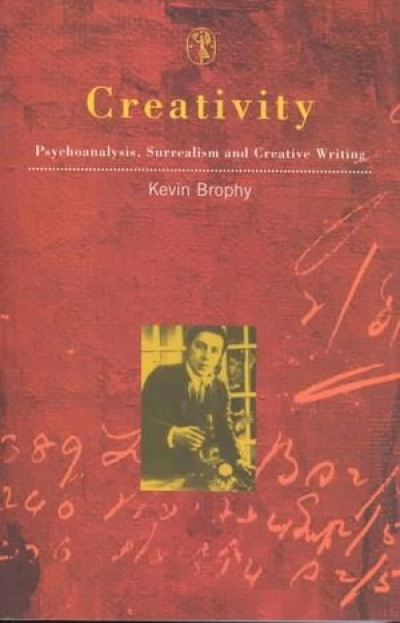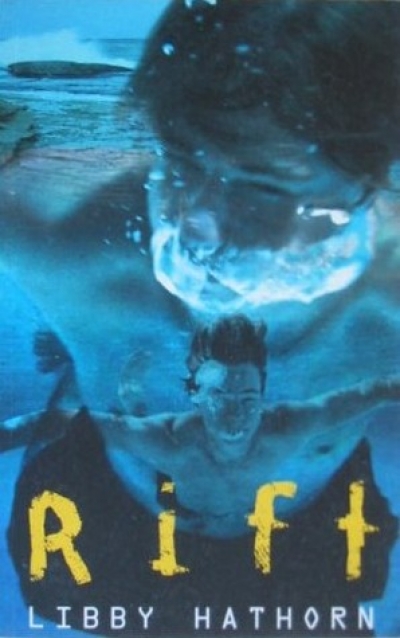Accessibility Tools
- Content scaling 100%
- Font size 100%
- Line height 100%
- Letter spacing 100%
Archive
The ABR Podcast
Released every Thursday, the ABR podcast features our finest reviews, poetry, fiction, interviews, and commentary.
Subscribe via iTunes, Stitcher, Google, or Spotify, or search for ‘The ABR Podcast’ on your favourite podcast app.
‘Where is Nancy?’ Paradoxes in the pursuit of freedom
by Marilyn Lake
This week on The ABR Podcast, Marilyn Lake reviews The Art of Power: My story as America’s first woman Speaker of the House by Nancy Pelosi. The Art of Power, explains Lake, tells how Pelosi, ‘a mother of five and a housewife from California’, became the first woman Speaker of the United States House of Representatives. Marilyn Lake is a Professorial Fellow at the University of Melbourne. Listen to Marilyn Lake’s ‘Where is Nancy?’ Paradoxes in the pursuit of freedom’, published in the November issue of ABR.
Recent episodes:
My great-grandfather Robert had a beard, a pointed one, presumably grey. He stands in a sepia-coloured photograph, gazing steadily at the camera, leaning on a walking stick and wearing a grainy-looking overcoat. But these are only dimly recollected details: I have not looked at the relevant album for years. Much more vivid is the voice I never heard. It was transmitted by my mother, who is now also dead. Throughout my childhood my imagination was peopled by various characters, as she recalled their exact words, entertaining my sister and me as she herself had been entertained: by using remembered voices she recreated her past and created one for us.
... (read more)Creativity: Psychoanalysis, Surrealism and creative writing by Kevin Brophy
Vanity Fierce by Graeme Aitken & Gay Resort Murder Shock by Phillip Scott
Pomegranate Season by Carolyn Polizzotto & Till Apples Grow on an Orange Tree by Cassandra Pybus
It is the often hapless task of the reviewer to draw together observations on the aspirations and creations of up to six people into a seamless and riveting piece of critical prose. Sometimes it is just not possible, as is the case here, when all these three books have in common is that they are picture books, and will probably be found somewhere near each other in a bookshop or library.
... (read more)









